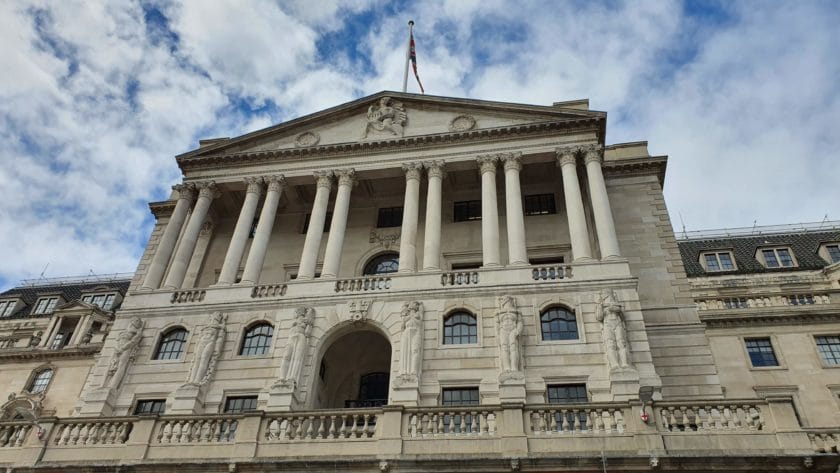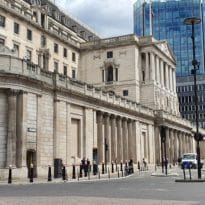Inflation fell by less than expected in March, raising a question mark over whether the Bank of England will cut interest rates.
Official figures from the Office for National Statistics showed Consumer Prices rose at an annual rate of 3.2% in March, down from 3.4% in February but slightly higher than the 3.1% analysts had forecast.
Andrew Oxlade, investment director at Fidelity International, said: “The broad picture is positive but falls in late 2023 have largely been incremental and slower than hoped, a reminder than when fighting inflation, the last part is the hard part.”
Experts agree that consumers may enjoy slower rises and notice some prices falling in the supermarket, with the largest downward contribution to the monthly change coming from food. Prices for food and non-alcoholic beverages rose by 4% in the year to March 2024, down from 5% in February. The rate has eased for the 12th consecutive month from a recent high of 19.2% in March 2023.
But despite inflation residing at its lowest level since September 2021 and far below its recent peak of 11.1% in October 2022, the figure remains well above the Bank of England’s 2% target, prompting speculation that the central bank may find an imminent interest rate cut hard to justify.
In January, money markets had expected six rate cuts in 2024, with the first set to have taken place by now. Predictions today point to only two cuts, from 5.25% to 4.75% with the first not arriving until autumn, says Oxlade.
“Attention will now turn to the impact of rising oil prices, driven higher by the crisis in the Middle East. It could further slow reductions in inflation, and further push out hopes of rate cuts even if they are much needed by a weak British economy,” he added.
Danni Hewson, head of financial analysis at AJ Bell, said: “Inflation is moving in the right direction and next month should look even better as the falling energy price cap is finally counted in the numbers. But even in this set of figures, there are a few troubling issues, notably the stickiness of service sector inflation. This could be exacerbated by the increase in the National Living Wage which is putting pressure on many businesses to hike prices again to balance their books.
“This print is unlikely to persuade Bank of England policy makers that the time is now right to start to cut. Andrew Bailey might be making positive noises about the pieces of the economic puzzle falling into place for a change in policy but markets are far from convinced. Looking at the numbers, expectation of a June cut has fallen back significantly and more than 50% now think even August will be too soon.”
Commentators also warned that the advice sector would need to manage client expectations, with some believing that inflation is no longer an issue.
Kirsty Watson, chief operating officer at abrdn adviser, said: “Inflation continues to slow towards the two per cent target. But a smooth path towards that isn’t guaranteed. That being said, the two per cent target is still widely expected to be reached this year. And this will be an important moment for the advice sector. That’s because while positive, there’s a real risk that some people either assume that inflation is now something they don’t need to worry about anymore, or that conditions will, or should, go back to how they were before.”
Watson said many people will naturally have switched to short-term reactive thinking as the cost-of-living crisis hit and advisers now have the opportunity to help them back to taking a long-term view.
“We can’t let savers be lulled into inaction. If this happens, more and more could end up falling short of their plans or find themselves caught out by unexpected future shocks, undoing all the progress that’s been made to date in helping more people unlock good outcomes through better, future proofed financial plan,” Watson added.





























